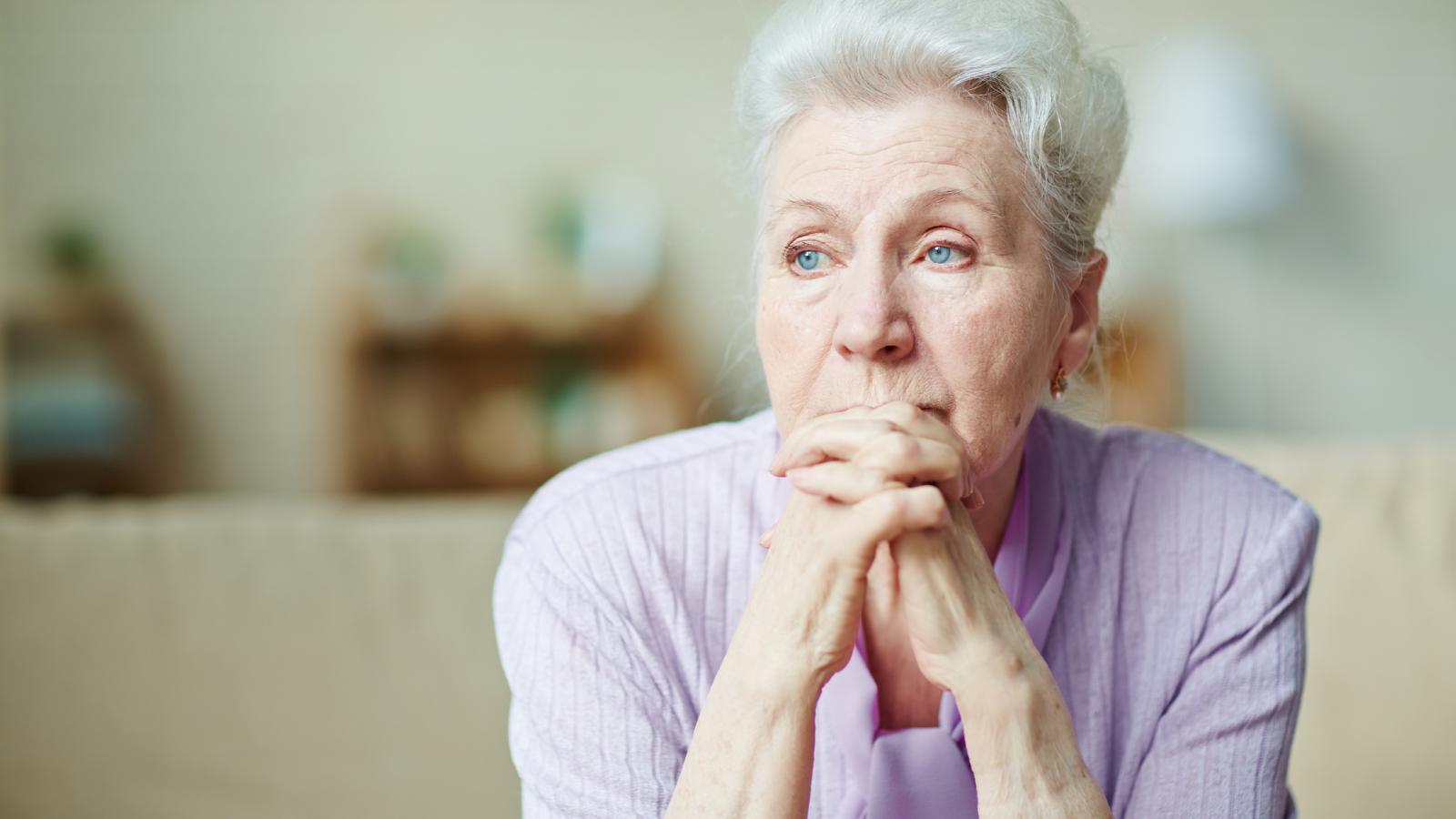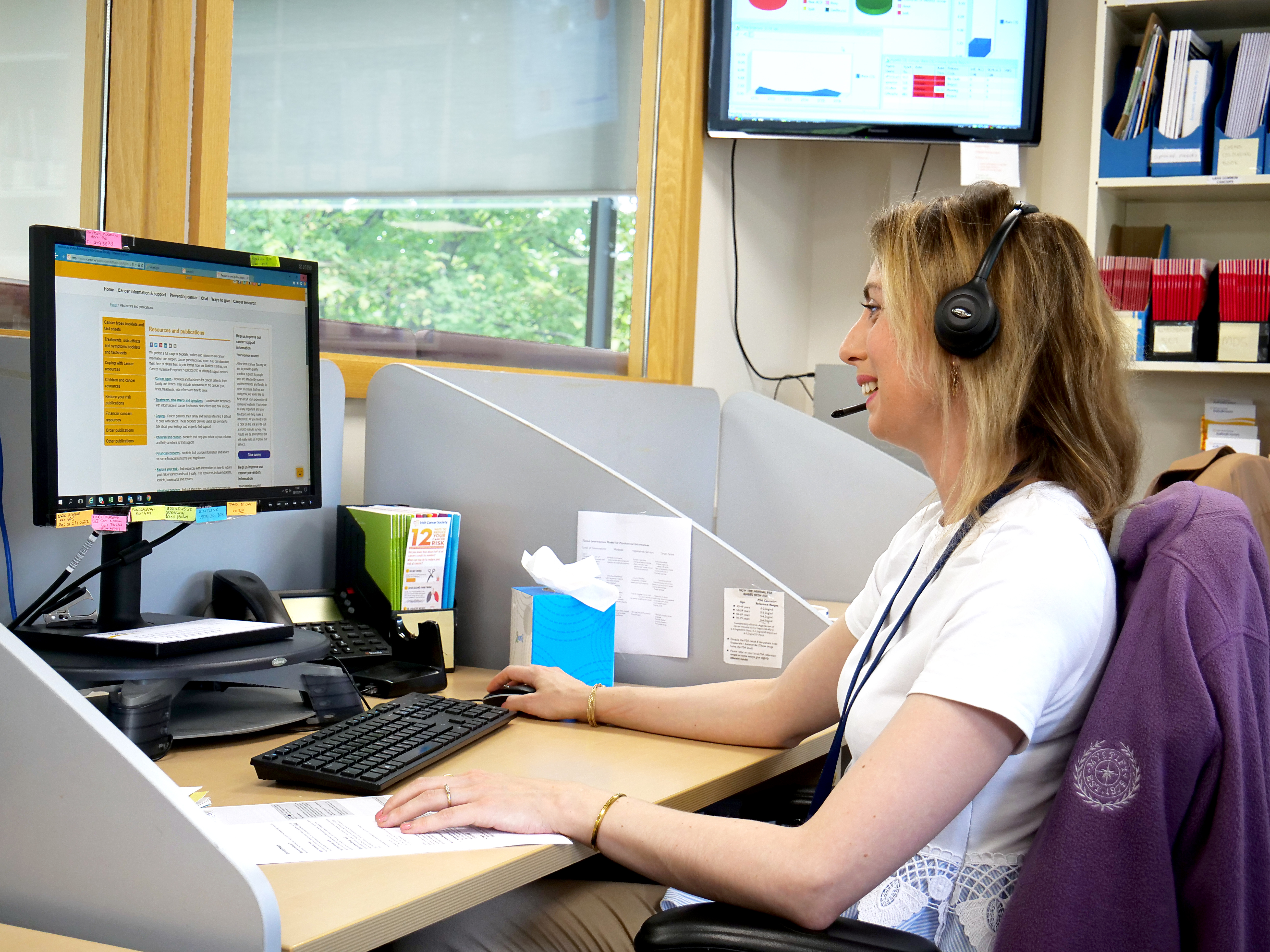Coping with a diagnosis of metastatic or recurrent cancer

It can be a huge shock to hear that cancer has spread to another part of your body or that it has come back after treatment.
It can feel very different and even more overwhelming than a diagnosis of a localised cancer. For some people, their first diagnosis is a diagnosis of metastatic cancer.
Being told you have metastatic cancer can set off overwhelming emotions of shock, disbelief and grief. Some people describe feeling devastated.
Sometimes you may feel very low, while at other times you may feel very positive and hopeful. It has been described as ‘riding an emotional rollercoaster’.
In time, though, most people come through the initial shock and upset and find a way to cope.
My prognosis was poor. I had overwhelming feelings of shock, disbelief, sadness, fear and anxiety.
I grieved for all the things I thought the cancer would take from me, and the future I had imagined, [but] I’ve been living with secondary breast cancer for 13 years and lead a full, active life.
Some people find their daily lives are not affected very much. While some treatments can have some unpleasant side-effects, often metastatic cancer can be treated like a long-term illness, which causes problems from time to time.
Knowing that your cancer will not be cured can take away hope, but even if a cancer cannot be cured it can often be effectively controlled. People can live with metastatic cancer for many years.
Some common fears
Fear is one of the most common reactions for people who get a diagnosis of advanced cancer. Two of the most common fears are fear of dying and fear of pain.
Fear of dying
Many people think the worst when they are told that their cancer has spread, and the first thing they think about is dying. No one knows how long anybody will live, but with metastatic cancer your life may be shorter than if the cancer had not spread.
Some cancers can be controlled for a number of years with modern treatments, and new treatments are being developed all the time, so it is possible to live with metastatic cancer for a long time.
If you have questions about what will happen next or how long you will live, we have more information on asking about your prognosis (what might happen with your illness, including life expectancy).
Fear of pain
Another great fear about cancer is pain. Even if you do get pain, there are many different types of very effective painkillers to control it. We have information on managing pain.
If you’re finding it hard to cope
Everyone copes or adjusts to their diagnosis in their own way. If you find that you're struggling to cope or you’re feeling anxious or depressed, don’t suffer in silence. There are many places to go for help:
Self-help or support groups. Many people find it very reassuring to talk to other people who are in a similar situation and facing the same challenges. Find support in your area or call our Support Line on 1800 200 700 for information about services and support groups in your area.
Hospital services. There are a number of hospital-based services that can help you. For example:
- Psycho-oncology services are specialists who can help you cope with the emotional impact of metastatic cancer.
- Dietitians can advise you on ways to eat as well as possible to keep your strength up, cope with side-effects and stay as well as possible.
- Medical social workers can support you and your family with practical issues and advise you on support services.
One-to-one support from someone who knows what you’re going through. Survivor Support is the Irish Cancer Society’s one-to-one support programme. Call our Support Line and ask to be put in contact with a trained volunteer who is living with metastatic cancer.
Online support. There are special websites called online communities where people with cancer can write questions, share stories, and give and receive advice and support. Join the Irish Cancer Society online community.
Family and friends. It can be a great weight off your mind to share your feelings and concerns. You could talk to a friend or family member if you feel comfortable doing so. You could also speak to a specialist nurse in confidence by dropping in to a Daffodil Centre or calling the Irish Cancer Society Support Line on 1800 200 700. Our booklet Understanding the Emotional Effects of Cancer has tips to help you talk about your cancer.
Cancer support services. Local cancer support services provide a range of helpful services such as counselling, complementary therapies, exercise programmes and other activities. They can also give you practical advice and support. Some also have metastatic cancer support groups. See our Directory of Cancer Support Services for a list of support services nationwide, or call the Irish Cancer Society Support Line on 1800 200 700 for information on services and support groups in your area.
Hints and tips – coping emotionally
- Get some exercise. Exercising can boost your mood and improve your energy levels. The type and amount of exercise you can do will depend on how you are. Talk to your doctor or nurse about which activity will suit you best.
- Gather information about your cancer and treatment. Knowing what to expect can help to relieve anxiety and stress for some people. If it makes you anxious, ask a friend or relative to find out for you and tell you the important things.
- Keep a diary or journal. Writing can help you to express your feelings, especially if you are unable to talk about them with other people.
- Do things for yourself. You may find that if you do things for yourself it helps to make you feel more independent and in control.
- Try relaxation techniques. Breathing exercises, visualisation or meditation can help with anxiety. Some cancer support centres provide groups to help you learn these techniques. Find out more information on your nearest cancer support centre.
- Try complementary therapies. Complementary therapies like meditation, aromatherapy and massage may help to relieve the symptoms and side-effects of treatment and help you cope with fear and anxiety. More about complementary therapies and cancer.
- Seek spiritual support. For some people praying or talking to a leader or a member of your religious faith can be a way to find strength and meaning in times of stress.
- Try to live in the present. Cancer can bring a lot of uncertainty into your life. It can be very difficult to face an uncertain future and feel you are no longer in control. One way to reduce stress of uncertainty is to make your plans day by day. Letting go of the past and not worrying about the future allows you to live fully in the present.
Don’t suffer in silence. If you feel overwhelmed or you depressed it is important to get help. Counselling can be very helpful if you are finding it hard to cope. Talk to your nurse or doctor - they may recommend you talk to a trained counsellor or other specialist. Many local cancer support services offer counselling services funded by the Irish Cancer Society. The cancer nurse on our Support Line or in our Daffodil Centres can refer you for counselling.
- Plan ahead. Many people find it puts their mind at rest to have medical plans in place and sort out legal and practical matters, even though they still hope to live for a long time. Planning ahead is useful for everyone, whether they have an illness or not. Read some advice about making medical and legal plans.
For more information
Phone
1800 200 700



